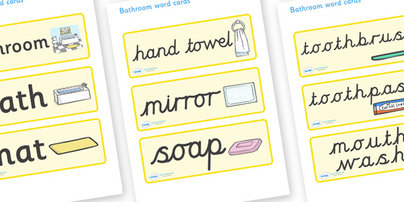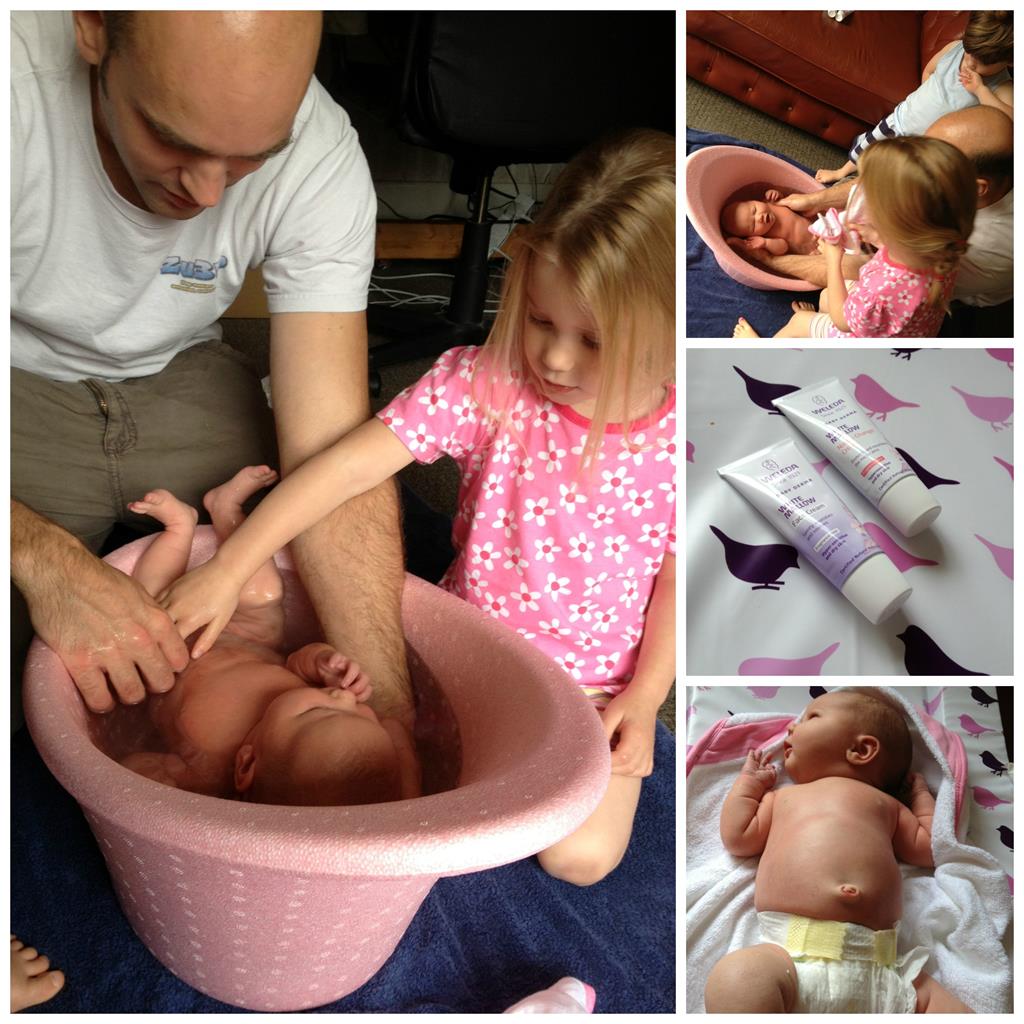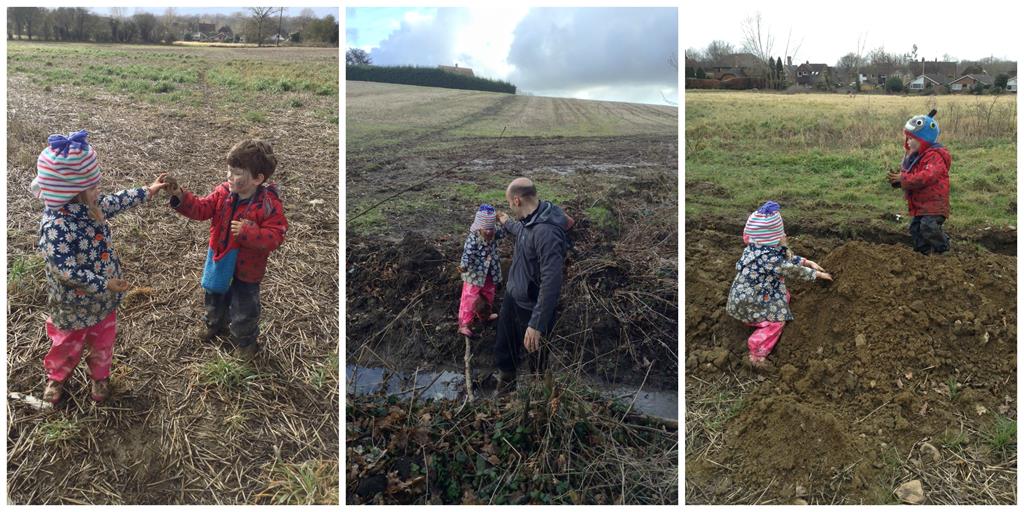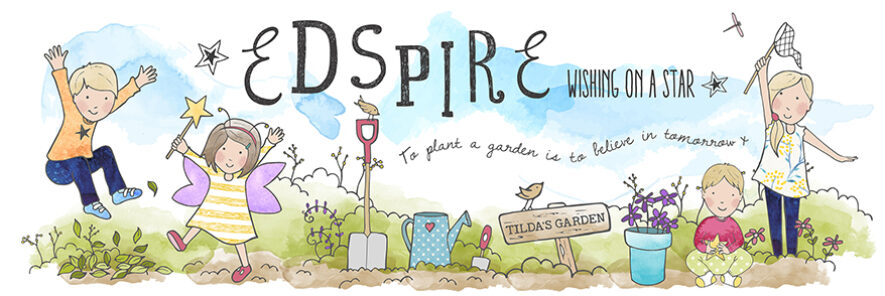This is a sponsored post
Personal hygiene is important for our health and wellbeing and as your child grows up, they will need to take responsibility. They will need to learn to use the toilet, bath and brush their teeth all by themselves. This post features tips from a secondary school in Cambridge that you can use to help your child with theirs.
Start with Germs
The reason that personal hygiene is so important is because of germs and how they spread. If ingested, they can make us seriously ill which is why children must remember to wash their hands before eating and after coming into contact with dirty surfaces. To help your child understand you can compare them to bugs, except germs are invisible and undetectable to the naked eye. While they cannot be seen, we know that they are spread through coughing, sneezing etc which is why they must cover their mouth and wash their hands.

Use Reminders
Reminders can help children get into the habit of washing their hands, brushing their teeth, and taking care of their personal hygiene.
Other Good Habits to Form
There are other sanitary habits that they must remember, like flushing the toilet after use and tidying up after themselves.

Make It Easier
Also think about steps that will make it easier for your child to take care of their personal hygiene, like a small stool to make the sink more accessible.
What They Mustn’t Do
As well as the things that they must do, you can also explore what they mustn’t, like putting dirty objects in their mouth or eating food off the floor. This will reinforce an understanding of what’s clean and unsanitary.
Bath Time
Also, as your child gets older, they will need to bathe themselves. This is something that you can prepare them for by getting them involved and showing them how.

Lead By Example
Being sure to take care of your own personal hygiene can remind your child to do the same. You can even do some together, like brushing your teeth to ensure that they brush their teeth long enough and correctly for a good clean.
While this post shares guidance on teaching children about personal hygiene, germs aren’t always bad, and mess isn’t necessarily either. It allows children to develop a greater understanding of the world around them, build stronger immune systems, and improves their body’s natural defences. Places like the outdoors where there are bound to be germs and dirty surfaces offer amazing learning opportunities.

